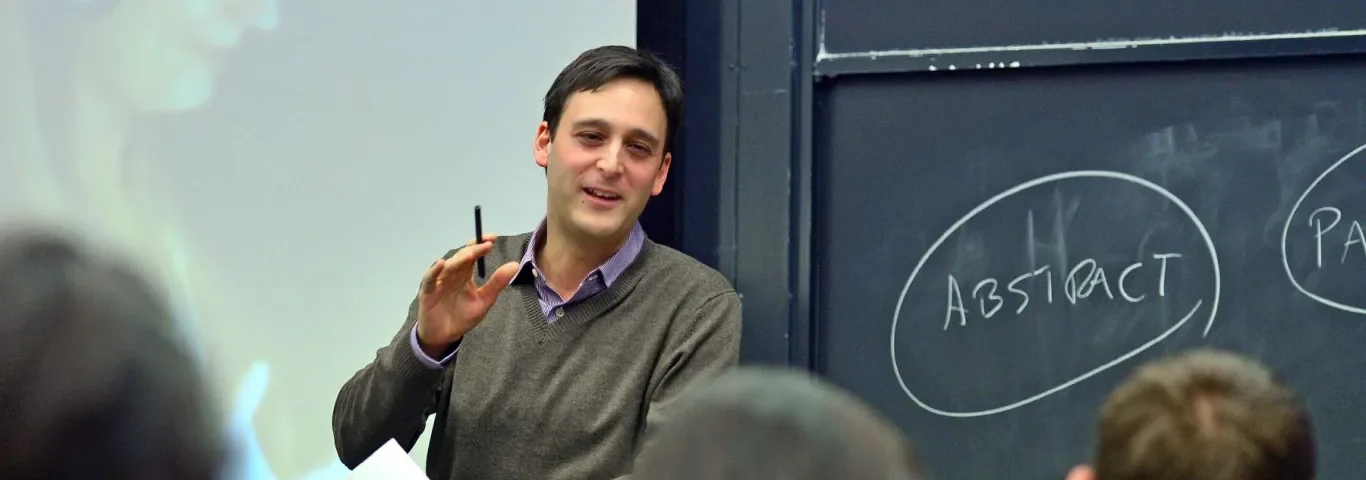Applications must include:
1. Completed and signed Faculty Seminar Application Form (see link below)
2. Narrative (no more than 1200 words). Within the narrative, applicants should explain:
o The theme of the seminar
o Its importance
o The people whom it is expected to attract
o The type of product the seminar is supposed to generate: for example, an edited book of essays, a team-taught
course, a new undergraduate minor, or something else
3. Short CV for the primary convener and each co-convener (no more than 2 pages each)
4. Letters from at least four faculty members expressing their intention to be regular members of the seminar.
Application download: (link to application form)
Application requirements: Submit applications as a single pdf to: cenhumapp@wustl.edu using the following naming convention for the application pdf: Seminar Title Faculty Seminar (e.g., Cultural Transformations and Youth in the Age of New Media Faculty Seminar)
Evaluation criteria: Proposals are reviewed by the Director of the Center for the Humanities and chosen by a faculty committee. If there are more applications that clearly fulfill the goals of the program than can be funded, the seminars selected will be those that seem most likely to make a substantial contribution to the progress of the participating members’ research and contribute to the development of innovative humanistic interdisciplinary dialogue.
Grant administration: Seminar grants are administered through the Center for the Humanities. Grants cannot be used for off-campus entertainment expenses. Contact Caitlin McCoy with questions about reimbursements.
- Grantees are expected to adhere to the administrative and financial policies of the university and those specified in the Center for the Humanities’ “Guidelines for Conveners” issued to grantees upon award notification.
- All funds must be used within the grant period. The Center for the Humanities will not reimburse for expenses incurred after the end of the grant period even if grant funds remain.
- The Grantee will be required to give a detailed report of the expenditures of the grant at the end of the grant period and submit a short (one- to two-page) narrative account of the seminar by June 1.
- Public announcement of seminar activities must contain an acknowledgment of support by the Center for the Humanities. Publications resulting from grant activities must contain an acknowledgment of support and the following sentence: “Any views, findings, conclusions or recommendations expressed in this publication do not necessarily reflect those of the Center for the Humanities.”
